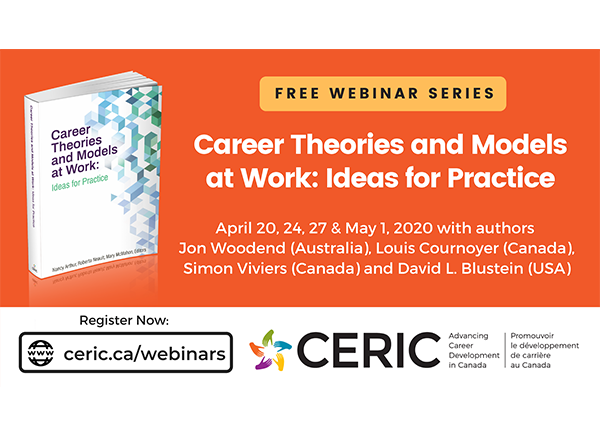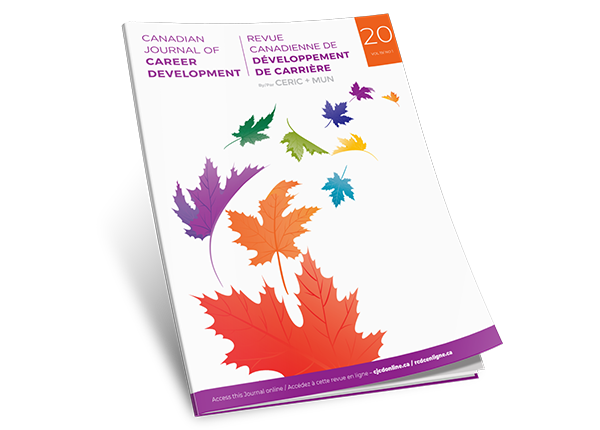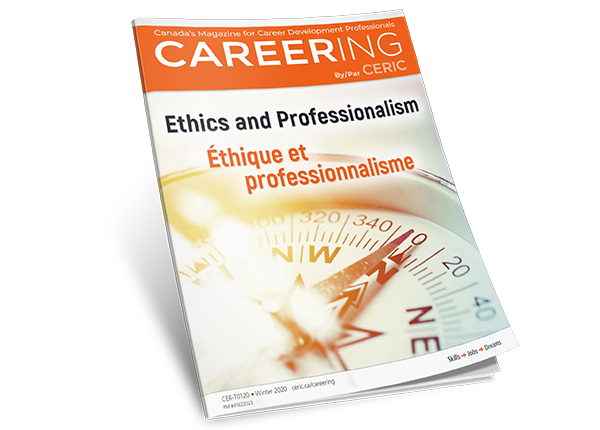A record near 1,300 delegates from across the country and around the world gathered in Ottawa from Jan. 27-29, 2020 for the Cannexus National Career Development Conference to learn about and discuss the issues shaping work and well-being in Canada, including community social enterprise, youth empowerment, mental health, future skills and reconciliation.
Conference highlights included:
- Three phenomenal keynote speakers: Social entrepreneur Zita Cobb shared her inspiring work to revive Fogo Island, NL with lessons for preserving small communities throughout rural Canada; UK researcher Tristram Hooley made a powerful case for why politicians should care about career development and set out the evidence for its social and economic impact; and Natan Obed, President of Inuit Tapiriit Kanatami, discussed improving the well-being of the 65,000 Inuit in Canada during a time of reconciliation.
- Delegates received complimentary copies of Strengthening Mental Health Through Effective Career Development: A Practitioner’s Guide – written by Dave Redekopp and Michael Huston of Life-Role Development Group Ltd (and available for free download). Two other new CERIC publications were also launched: Career Work in Action based on the Guiding Principles of Career Development and the 2020 edition of Computing Careers & Disciplines: A Quick Guide for Prospective Students and Career Advisors.
- Cannexus delegates got a look at the first results of the 2019 CERIC Survey of Career Service Professionals – a national survey that was completed by more than 1,350 career professionals across Canada last year. It includes a demographic snapshot, learning priorities and public perceptions of the career development field. A new section of the survey focusing on the regrets, anxieties and myths that career professionals are hearing about from students and clients generated considerable media interest.
This year’s Cannexus featured more than 150 education sessions, with some of the most-attended covering career development and mental health; enhancing economic activity through public, private & not-for profit collaboration; students’ perspectives on careers; identifying experiential learning outcomes; labour market trends in an age of disruption; preparing for the future of work; soft skills for employment retention; trauma-informed career practice; design thinking for career development; and the power of LinkedIn and social reciprocity.
Other programming included a Workforce Development Spotlight that examined newcomer integration, transforming workforce systems and students in a global workforce. The always-popular Spark! TED-style talks returned, a new World Cafe crowdsourced ideas around youth empowerment and the powerful KAIROS Blanket Exercise built understanding of Canada’s shared history among Indigenous and non-Indigenous peoples.
The latest programs, products and services were also showcased by 45 exhibitors in a sold-out exhibit hall in addition to special Zones focused on raising awareness of organizations doing work in Mental Health, Social Enterprise and Reconciliation.
In a post-conference survey, a total of 95.9% of respondents rated Cannexus as good to excellent. The majority of delegates indicated that they plan to either use what they learned at work right away or incorporate it over time, with 95.6% stating they plan to share what they learned with their colleagues to impact change broadly. Comments included:
“Cannexus20 was very interesting, motivating and inspirational. The presenters are amazing and knowledgeable. All of the aspects of this conference are beneficial and educational. I strongly recommend it to everyone who is either in career development or career counselling.”
– Michèle Elliott, Indigenous Navigator, Indigenous Services Canada
“Cannexus offers a national conversation on what’s current – and what’s coming – for career development. It’s a dialogue you won’t find anywhere else. Thank you for building a conference that is an important part of professional growth for our team.”
– Kim Kiloh, Director, Centre for Student Involvement & Careers, University of British Columbia
“Cannexus20 was a great event packed with informative presentations and it allowed for meaningful connections with colleagues in the career development field. It was an energetic and engaging event. Looking forward to Cannexus21.”
– Karen Mulrooney, Program Co-ordinator, Job Connect NL
To learn more about Cannexus20:
Cannexus20 was presented by CERIC and supported by The Counselling Foundation of Canada with a broad network of 37 supporting organizations and sponsors.
The dates for the next Cannexus are Jan. 25-27, 2021 at the Shaw Centre in Ottawa. The Call for Presenters will open this spring.









